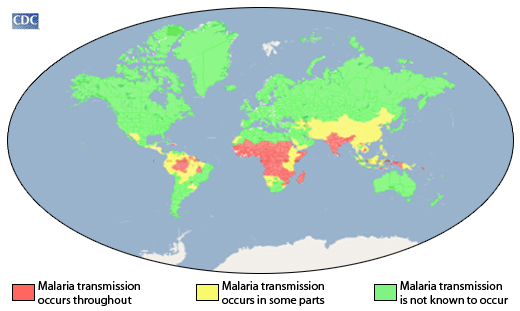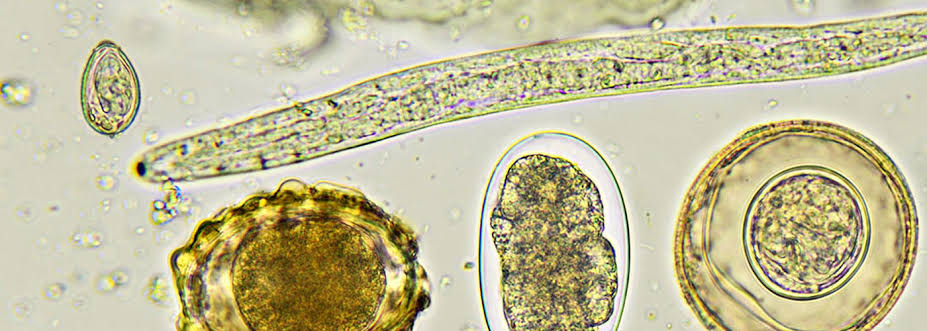Malaria is increasing at a worrying rate compared to the other blood and tissue parasitic […]
Tag: malaria
FACTORS THAT AFFECT TRANSMISSION OF MALARIA
Environmental factors greatly enhances the spread and transmission of malaria because these climatic factors which […]
Introduction to Parasitology
Parasitology is the study of parasites and their interaction with other organisms (i.e. their hosts). […]




